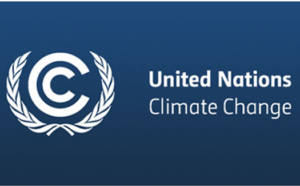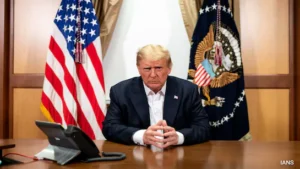Trump’s Universal Tariff Policy Debated
Former U.S. President Donald Trump’s proposal for a universal 10% tariff on all imported goods has sparked intense debate among economists, policymakers, and global trade partners. As part of his vision for reviving American manufacturing and reducing trade imbalances, Trump unveiled the policy as a cornerstone of his 2024 presidential campaign.
The proposed tariff would apply uniformly to all imports, regardless of their country of origin or product category. Advocates argue that such a policy could boost domestic production, create jobs in key industries, and strengthen the U.S. economy. Trump has positioned the tariff as a mechanism to protect American workers from what he describes as unfair foreign competition.
Critics, however, warn of significant economic repercussions. Economists highlight the risk of retaliatory measures from trading partners, potentially escalating into trade wars. Additionally, a blanket tariff could lead to higher consumer prices, exacerbating inflationary pressures in an already fragile economic climate. Businesses reliant on imported materials fear increased costs, which could impact their competitiveness in global markets.
Internationally, the policy has drawn sharp criticism, with major trading partners signaling potential disputes through the World Trade Organization. Many argue that a universal tariff could undermine global trade norms and strain relationships with key allies.
Domestically, the policy has created divisions within the business community and among political leaders. While some Republicans praise the initiative as a bold step toward economic nationalism, others express concerns over its feasibility and broader economic implications.
The universal tariff proposal underscores Trump’s ongoing focus on reshaping U.S. trade policy, echoing themes from his first presidency. However, its reception reflects the complexities of implementing sweeping changes in a highly interconnected global economy. The policy’s viability and potential impacts will likely remain key topics of discussion as the 2024 election approaches.



